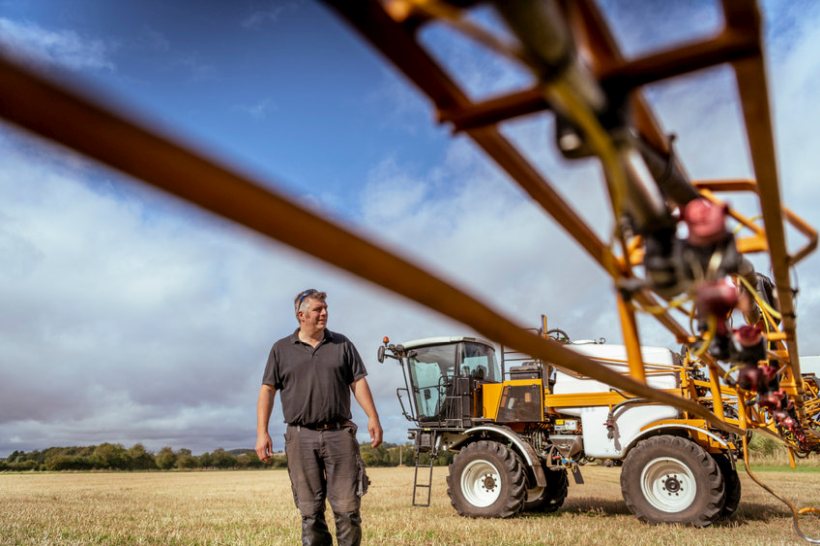
The Farming Community Network (FCN) has unveiled a new cancer campaign which urges farmers to get symptoms properly checked as early as possible.
Cancer charity Macmillan has partnered with FCN on the campaign, with an overall goal to raise awareness of cancer in rural areas.
They are advocating for early detection, encouraging a culture change in farming, and motivating people to ‘Nip it in the Bud’ as soon as possible.
Both charities said that for farmers and people living in rural areas, the impacts of cancer can be 'especially devastating'.
Evidence shows that farmers are at risk for some types of cancer, including skin cancer, prostate cancer, and cancers from exposure to harmful substances.
Farmers, farm workers, and people in rural communities also often have less access to cancer services and support, due to their work and the remote areas where they live.
"We all know that there can still be a ‘tough as old boots’ mindset in farming," said Dr Jude McCann, FCN's chief executive officer.
"Farmers will often prioritise their families, their livestock, their business, their machinery and their crops above themselves.
“We have heard examples of a farmer whose cancer had been growing for years and was mistaken for ‘farmer’s lung’, and even a farmer whose approach to suspected skin cancer on their arm was to produce a pen-knife.
"The sooner you get checked, the sooner you can get the treatment you need; and the sooner you can get back to the farm.
"And if you get checked and do not receive a diagnosis, you will have the peace of mind of knowing that whatever was concerning you is nothing to worry about."
As part of this partnership, FCN will work closely with Macmillan, where they will provide activities to raise awareness of cancer signs and symptoms.
They will also create connections to Macmillan's services, with FCN to utilise its existing and new networks, making cancer support more accessible for people in rural areas.?
FCN also launched its ‘Nip it in the Bud’ campaign last month to raise awareness risks,?signs?and symptoms of cancer and to encourage early detection.
